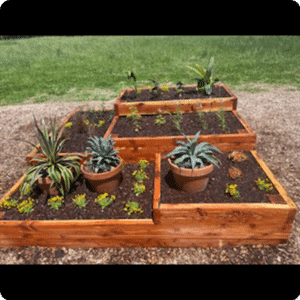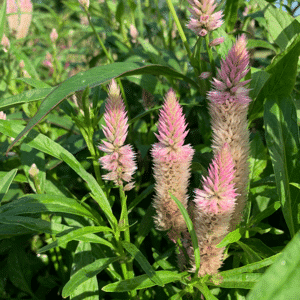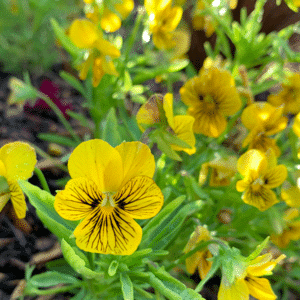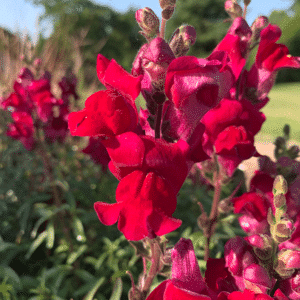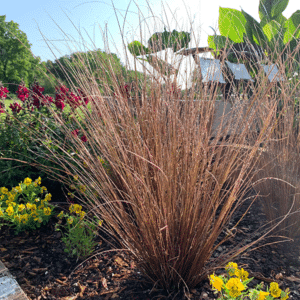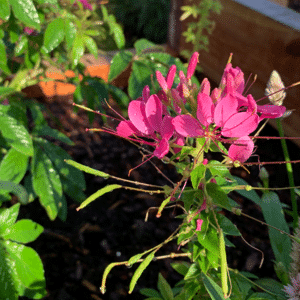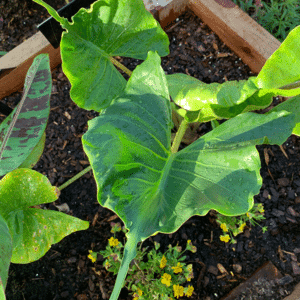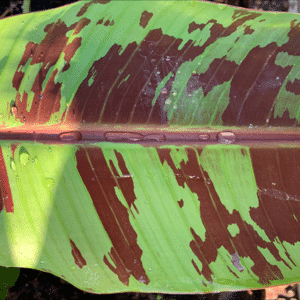Family Garden
A garden for every generation.
What is a Zoo Garden?
This garden is meant to provide an accessible way for everyone to enjoy nature. By creating this 4 level raised bed, people of all ages can touch, feel, smell, and enjoy all of the plants in the garden. Children are able to reach the plants in the lower boxes while adults can touch the plants in the higher boxes. Visitors who aren't able to bend down to interact with the flowers in other gardens have a way to interact with the plants in the zoo garden.
The plants in this bed have all sorts of colors and are fun to look at but what stands out about them are their names; all of the plants and flowers in this bed have animal names. this zoo garden consists of plants with names ranging from mythical creatures like snapdragon and real animals like Bengal tiger. Please continue reading for an in depth summary of all of the plants living in the zoo garden.
Part of a gold award is measuring how the project impacts the community. To provide feedback, click the button below to take a short survey.
The Process
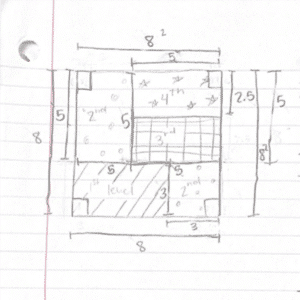
Blueprints
In order to build this structure, there needed to be a plan which came in the form of blueprints. These blueprints made it easier to figure out how many 8 foot cedar boards were needed to build the whole bed. Most of the boards needed to be 3 feet or 5 feet long so math came into play when figuring out how many 8 foot boards were needed without having extras.

Structure
After gathering all of the materials and tools, the structure of the bed took about 5 hours to build. The building process consisted of cutting all of the boards to the correct length, placing the boards one box at a time, and drilling almost 200 nails to hold everything in place.
The Plants
Canna ‘Pretoria’
(Bengal Tiger Canna)
The Bengal tiger canna is a gorgeous orange flower with striped leaves that resemble tiger stripes. This flower can grow up to 6 feet tall and 5 feet wide! look out for caterpillars that enjoy chewing on the large leaves!
Antirrhinum majus ‘Black Prince’ (Snapdragon)
Despite the name “Black Prince”, these deep red snapdragons are a great addition to any garden. They can reach up to 18 inches tall. Snapdragons can be used as garnish for certain meals and drinks in some restaurants, but with their bitter taste, they don’t make for a good snack.
Carex buchananii ‘Red Rooster’ (Leatherleaf Sedge)
This ornamental grass originated in New Zealand and it could be found in a wide variety of terrains including mountains, forests, and along rivers and beaches. Despite what it may look like, Red Rooster is very much alive and can grow up to 2 feet tall!
Cleome houtteana
(Sparkler Spider Flower Mixture)
With clusters of brightly colored petals, and long thread-like stamens of the individual flowers, this flower resembles a spider. It has been a garden favorite since 1800! Because it produces ample amounts of nectar and pollen, it is a great choice for encouraging pollinating insects in the garden.
Alocasia ‘Stingray’
(Elephant Ear)
Because of the shape of these massive leaves, the Stingray Elephant Ear earns it name. The large leathery leaves on this plant can reach a width of 3-4 feet wide and can grow up to 6 feet tall! It is native to the tropical rainforests of Asia but nowadays, it grows all over the subtropics.
(Elephant Ear)
The Blue Gecko Elephant Ear is a relatively new cross between 2 hybrids of Colocasia. Although the name suggests a blue color, this plant can range from dark purple to jet black with maroon on the underside. It can reach up to 3 feet tall and 3 feet wide.
Agave ‘Whale Tail’, ‘Snow Leopard’, ‘Silver Fox’
Mangaves are a cross between the Manfreda and Agave. These rare hybrids contain the best of both species; a better growth rate and interesting patterns from the Manfreda and the habit and refinement of Agave. Careful, some Mangaves are lined with sharp spikes so touch at your own risk.

